Description
|
Rationale and Objective: Many individuals with autism spectrum disorders (ASD) suffer from chronic gastrointestinal (GI) problems, primarily chronic constipation, chronic diarrhea, or alternating between the two. These problems can last for years or even decades and can be very resistant to treatment. These problems greatly affect quality of life because of the pain, discomfort, and anxiety that they cause. Research has shown that individuals with ASD who have GI problems tend to have significantly worse ASD symptoms and behavioral problems, possibly because both are associated with dysbiosis and imbalance in the gut microbiome.
Part of the reason for the gut problems in individuals with ASD appears to be due to abnormal gut bacteria. A normal person has 700-1000 different species of gut bacteria, and there is a rapidly expanding amount of research demonstrating that they are very important to gut health. Gut bacteria play many important roles, including digestion of food to provide important nutrients for the body; making substantial amounts of several vitamins that are essential for humans; regulation of gut motility so that fecal matter moves at an appropriate rate through the GI tract; regulation of the immune system, which is primarily located in the gut; and protection against harmful gut bacteria, which can cause serious or even life-threatening illness.
Many research studies have found abnormal gut bacteria in individuals with ASD, including both the presence of harmful bacteria and the lack of beneficial bacteria. One treatment study found that 8 weeks of therapy with a potent antibiotic, vancomycin, was able to greatly improve both GI symptoms and autism symptoms. Unfortunately, when treatment was stopped, the gains in both GI symptoms and autism symptoms were lost. One explanation of this is through an analogy to gardening: if your garden is filled with weeds (bad bacteria), and you remove them all (with vancomycin) but don't replant, then it is not surprising that the weeds return.
One way to "replant" healthy gut bacteria is by use of probiotics. However, probiotics are very limited because commercially available ones typically contain only 1-10 strains, and those bacteria represent less than 1% of the bacteria normally present in the human gut. Also, the human gut is not the natural environment of these strains, so they disappear within a few weeks after probiotic use stops. In contrast, "fecal transplantation" therapy involves taking fecal matter (half of which is actually live bacteria of typically 1000+ species) from a healthy individual and transplanting it into someone with gut problems. Fecal transplantation therapy has been widely studied and is now allowed by the Food and Drug Administration (FDA) for treating a life-threatening infection caused by a pathogenic microbe called Clostridium difficile that causes severe diarrhea in over 100,000 people per year in the United States and kills 29,000 people per year in the United States. Amazingly, one fecal transplantation dose has a 92% cure rate, so that within a few days most people are fully recovered from this life-threatening infection. Standard antibiotic therapy results in progressive damage to the normal gut microbes and commonly only perpetuates recurrence of C. difficile infection. In contrast, fecal transplants restore the normal microbial composition in the gut and promote long-term improvement in health. We believe that this therapy can improve GI and behavioral symptoms in individuals with ASD.
The objective of our research is to conduct a treatment study to normalize gut bacteria for adults with ASD and GI problems. The study will involve three key steps: (1) treatment for 2 weeks with oral vancomycin, a potent antibiotic that has been proven to be temporarily effective in eliminating bad gut bacteria in individuals with ASD, (2) fasting for 1 day and using a bowel cleanse to further remove gut bacteria, and (3) treatment for 8 weeks with daily infusions of healthy gut bacteria from very healthy human donors to restore normal, healthy bacteria to the entire GI tract.
Applicability and Impact of the Research: This research will help the approximately 30%-40% of individuals with ASD who have chronic GI problems, including chronic constipation and diarrhea. Based on our successful pilot study, we hypothesize that the GI problems will be reduced by approximately 80% after just 10 weeks of treatment, and it is possible that longer treatment could improve those results. Also, it appears that there will be significant improvements in all three core areas of autism, including language, social interaction, and behavior.
The potential clinical applications are very promising, as fecal transplantation is already allowed by the FDA for treating C. difficile infections. The treatment is simple -- 2 weeks of a special antibiotic, followed by 8 weeks of what is essentially a powerful, broad-spectrum "probiotic." Our pilot study found that the treatment was very well tolerated with minimal adverse effects, which is consistent with over 25 other studies of fecal transplant.
The proposed project will used a randomized, double-blind, placebo-controlled study to verify the very promising results of our open-label study. This is a critical step in eventually receiving FDA approval for this treatment. If successful, this treatment could largely eliminate GI problems in individuals with ASD, improve their quality of life, and significantly reduce their ASD symptoms.
|
 Interagency Autism Coordinating Committee (IACC)
Interagency Autism Coordinating Committee (IACC) Autism Research Database (AFD)
Autism Research Database (AFD)



